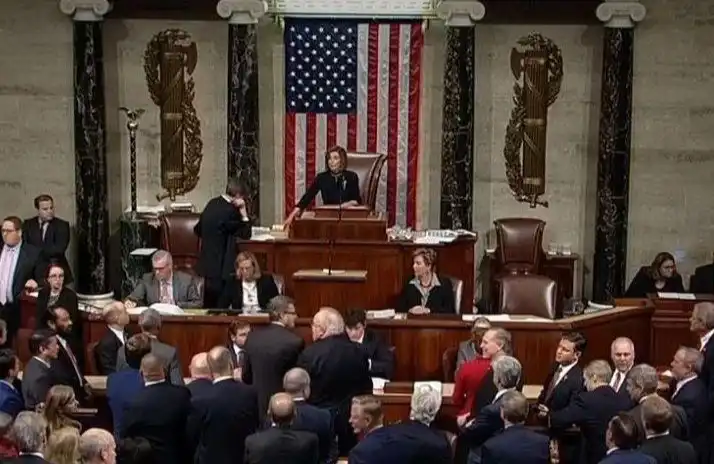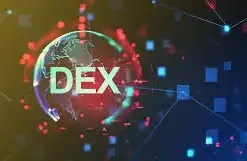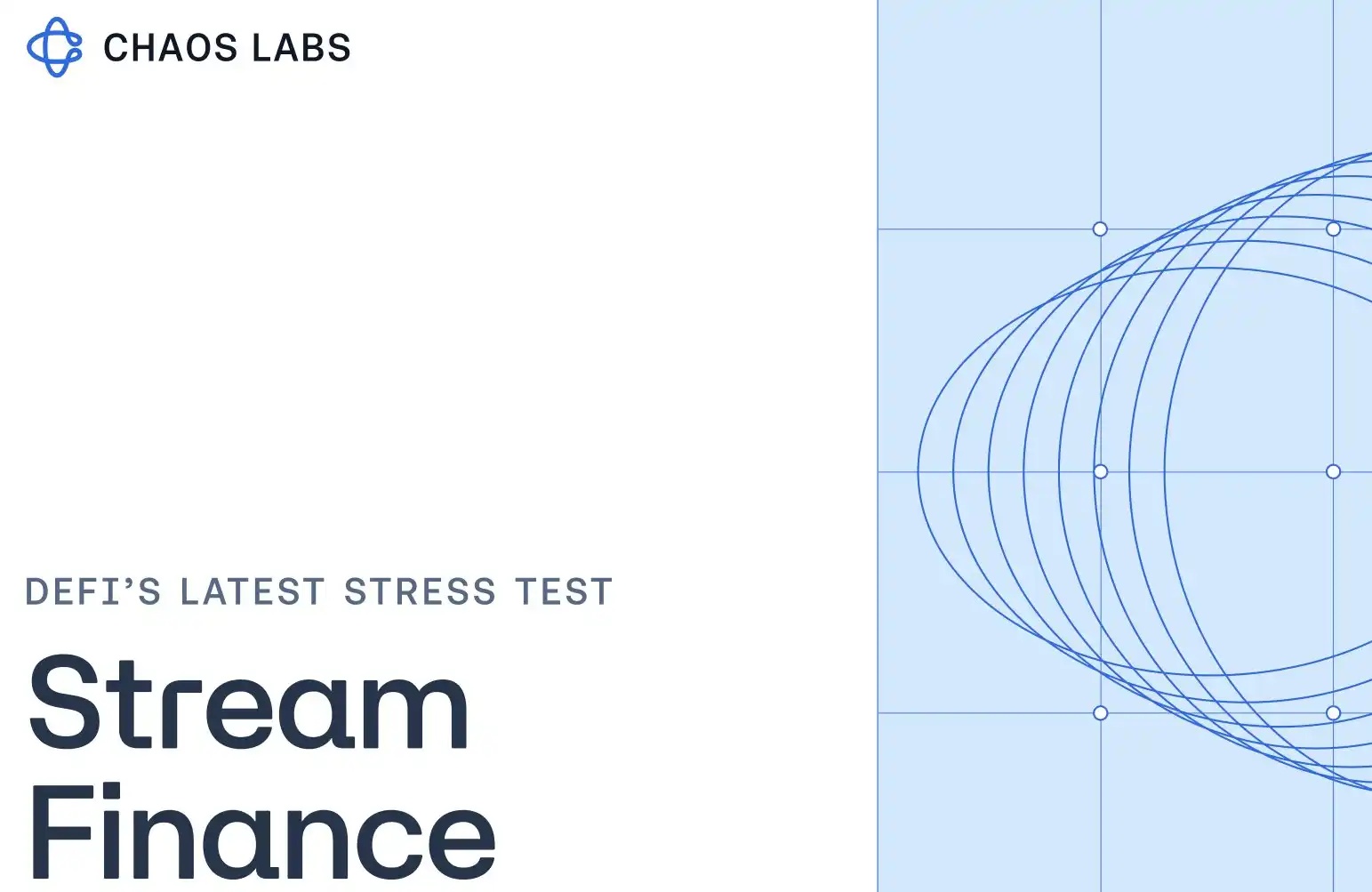ZKsync responds to airdrop controversy: Why do some users who meet some requirements not receive tokens?
After 4 years of waiting, ZKsync finally opened the airdrop qualification inquiry, but the result disappointed many long-awaited users. The point of questioning was the project party’s interpretation of the airdrop qualification and the profits of the insider trading. Many people met the requirements but did not get the airdrop they deserved, while some inexplicable addresses made a lot of money. Even multiple ecological projects have formed an alliance to boycott this airdrop allocation. ZKsync officials also gave a Q&A to respond to the controversy about this airdrop, but the effect depends on the feedback of the community. The following is the full content of the Q&A.
1. How to qualify for this airdrop?
There are two ways for an address to qualify for the 17.5% airdrop:
1. Users (89%): ZKsync users who bridge crypto assets to ZKsync Era and meet at least one of the seven eligibility criteria.
2. Contributors (11%): Individuals, developers, researchers, communities, and companies that contribute to the ZKsync protocol and ecosystem through development, advocacy, education, or engagement, regardless of whether they use the ZKsync network.
For wallets in the 11% contributor category, ZKsync Era activities are optional. The Contributor Allocation is primarily for people and communities who have built early projects on ZKsync, contributed to related GitHub repositories, performed security research, served as Discord moderators, or participated in communities such as Degen, Bonsai, Crypto the Game, Pudgy, and Milady.
2. What does it mean when it is mentioned that this is a usage-based airdrop?
The user-based allocation (89% of the total airdrop) is primarily intended to identify and reward a diverse group of users on the ZKsync Era who will help manage and grow ZKsync in the long term. The goal is to find people who connect crypto assets to the ZKsync Era and provide them with multiplier rewards for the actions they take that indicate they are organic users. Such people are likely to become valuable members of the ZKsync community.
A wallet's history on various chains can reveal a lot about its owner. Real users tend to be more risk-averse, especially when they feel they are part of a community. They spend time exploring, trying new protocols, and holding speculative assets. Bots and speculators, on the other hand, play it safe, putting in minimal effort while trying to integrate into the community and extract value.
3. I met some of the eligibility requirements but didn't get an allocation, why?
ZKsync user airdrop allocations (89% of the total airdrop) are based on a combination of:
1. How many of the seven eligibility criteria were met.
2. The amount bridged and held on ZKsync Era (either in your wallet or in DeFi protocols) based on the time-weighted average balance (TWAB) over the 12 months ending on the snapshot date. This is called value scaling (see details in Question 5).
3. Bonus multiplier: If a wallet is part of a predefined group, such as early ETH adopters, holders of top ZKsync native NFTs/tokens, or holders of airdrops such as ARB, OP, ENS, etc., it will receive an allocation multiplier.
Important: Transaction volume itself has no impact on allocation size.
Allocation amount is calculated for users based on the above criteria. In order to receive the airdrop allocation amount, the result must be greater than ZK 450.
This means that even if you meet all seven criteria, but your average holdings over time are low, or you do not qualify for any of the other bonus multipliers, you may not qualify for the allocation.

4. I meet four of the qualifying criteria, but I am getting paid less than someone I saw on X who only met two of the qualifying criteria. Why?
The number of eligibility criteria met is only one of three factors that determine the size of the allocation. The ZKsync airdrop allocation is a combination of the eligibility criteria, the time-weighted average balance (TWAB) on ZKsync Era, and the bonus multiplier.
In this case, another person may have transferred a large amount of crypto assets into ZKsync Era and/or held them for a longer period of time. Alternatively, another person may qualify for one of the bonus multipliers or be part of a contributor-based airdrop, while you did not.
5. How does "value scaling" work?
In order to identify and reward users who put crypto assets into the ZKsync Era platform, the allocation is based in part on a value scaling formula. The formula adjusts the allocation of addresses based on the amount sent to ZKsync Era and how long those crypto assets have been in the wallet.
For example, an address that sent $100 to ZKsync Era at mainnet launch (March 2023) and has held it since then will be weighted more than an address that only deposited $100 a month before the snapshot.
Value Scaling = Time Weighted Average Balance (TWAB) = Scales allocations based on the value of the crypto assets someone is bridging and how long they have held them.
Reminder: transaction volume alone has no effect on value scaling.
For more information, see these examples.
6. What if I only use ZKsync Lite? Why am I excluded?
To be eligible for the airdrop, an address must meet one of the eligibility criteria and bridge crypto assets to ZKsync Era. The airdrop focuses on the first ZK chain, ZKsync Era, as it is expected to become the decentralized hub of the entire ZKsync ecosystem.
ZKsync Lite users, as OGs of the ZKsync ecosystem, can receive up to 2 eligibility points for using ZKsync Lite. But they also need to own crypto assets on ZKsync Era at some point.
For usage-based airdrops: If a user has only used ZKsync Lite and not ZKsync Era, then unfortunately they are not eligible for any user airdrop allocations.
7. Why did some addresses with 0 transactions still get allocations?
The airdrops are divided into user-based allocations (89% of the airdrops) and contributor-based allocations (11% of the airdrops). Wallets in the contributor category are not required to show activity on ZKsync Era. For example, the contributor allocation focuses on people and communities who built early projects on ZKsync, contributed to related Github repositories, conducted security research, managed communities on Discord, or participated in communities such as Degen, Bonsai, Crypto the Game, Pudgy, and Milady.
There are 184 addresses that meet the ZKsync Lite eligibility criteria and have bridged assets on ZKsync Era, but no other transactions. These wallets are eligible for airdrops.
In addition, 10 test addresses have been added for internal quality assurance and testing. These addresses are allocated a minimum of 917 tokens. Once claimed, these tokens will be sent to the burn address.
Welcome to join the official BlockBeats community:
Telegram Subscription Group: https://t.me/theblockbeats
Telegram Discussion Group: https://t.me/BlockBeats_App
Official Twitter Account: https://twitter.com/BlockBeatsAsia


 Forum
Forum Finance
Finance
 Specials
Specials
 On-chain Eco
On-chain Eco
 Entry
Entry
 Podcasts
Podcasts
 Activities
Activities
 OPRR
OPRR








